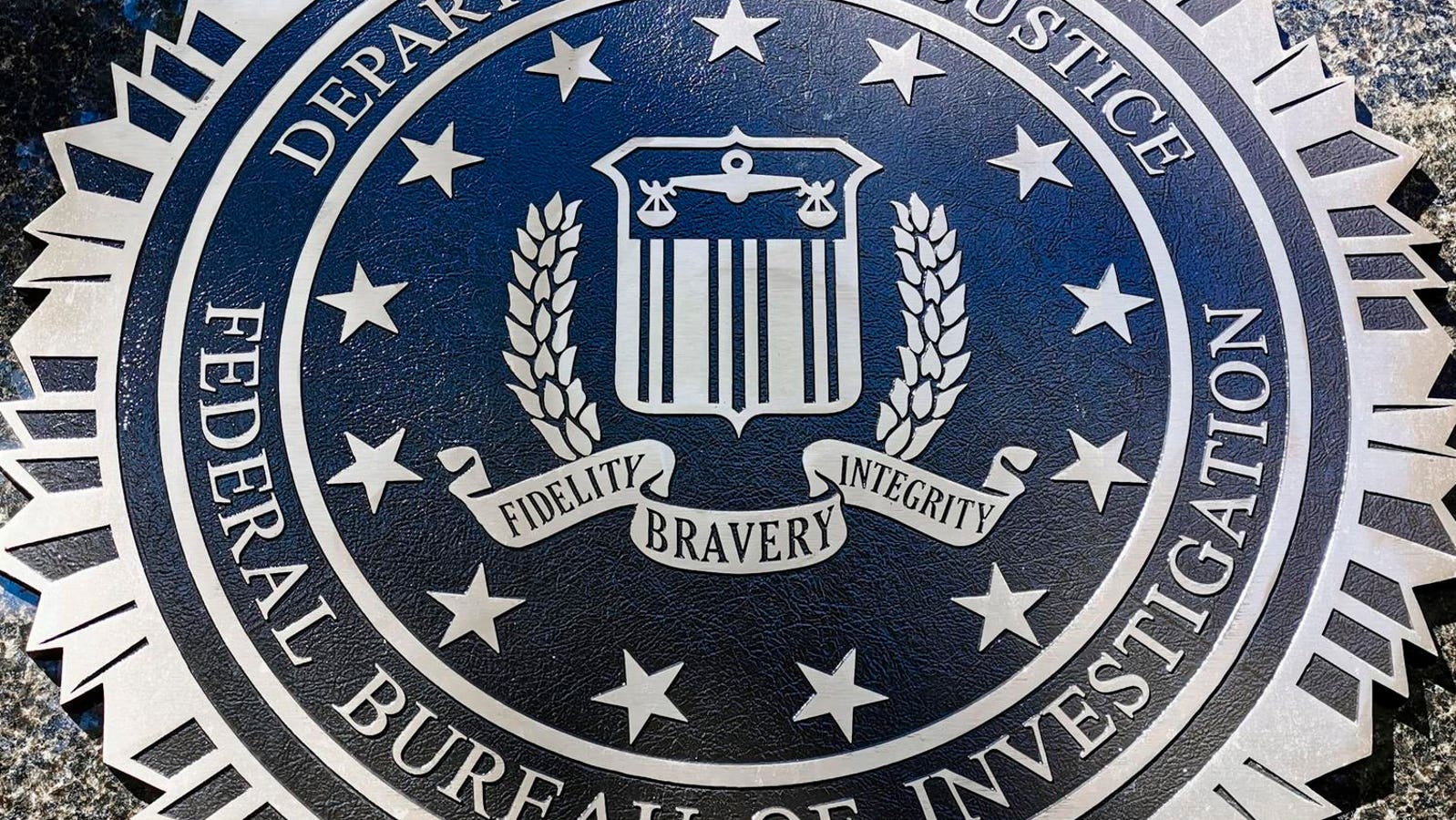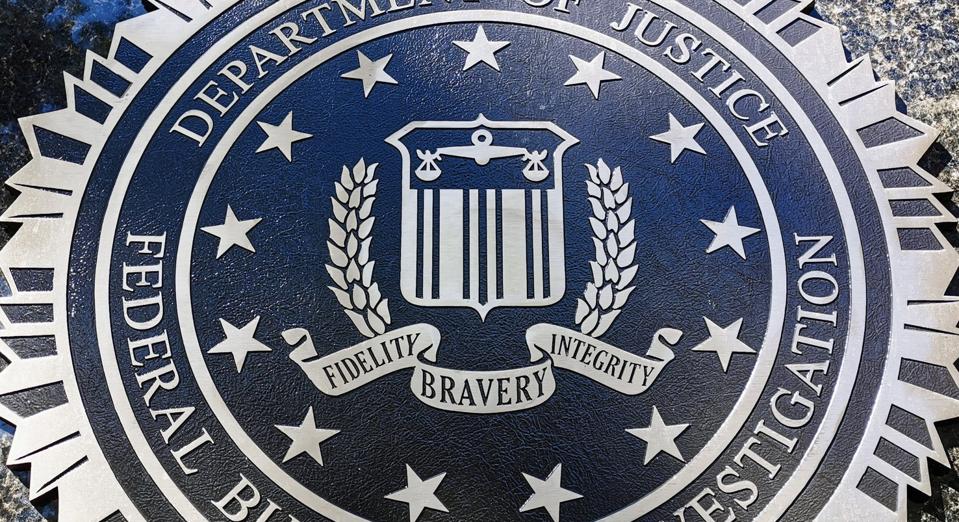You have been warned — do not take the call.
Republished on June 8 with a newly published exposure of the dangerous scam call industry now plaguing the U.S. and other countries.
The FBI is warning smartphone users this week to be alert to nationwide attacks that frighten citizens into sending money. There’s a nasty twist to this scam, and it’s one where law enforcement is especially keen to stop Americans becoming victims.
“Scammers are spoofing FBI phone numbers nationwide,” the bureau says, “impersonating government agents. Victims are tricked into thinking an arrest is imminent unless they send money.”
If you receive such a call, the advice is simple and clear: “The FBI will never call you demanding money to get out of criminal charges. It’s a scam. Hang up and visit the FBI’s ic3.gov to file a report.”
The FBI is not alone in being spoofed in this way — this has become a powerful attack methodology and it’s catching on fast. Last week I warned that multiple police forces across several states have issued the same warnings.”
New York State Police has told its citizens that “an ongoing phone spoofing scam” is now “impersonating members of law enforcement or government agencies in an attempt to solicit sensitive personal information from individuals across New York State and beyond.” Those scammers “demand personal information such as Social Security numbers and have threatened punitive action against recipients who refuse to comply.”
Whether it’s federal, state or local law enforcement, the advice is exactly the same. Do not take the calls. As soon as you hear the initial pitch from the scammer, hang up and file a report, either with your local police or with the FBI’s national IC3 service.
As with the FBI, New York State Police warns that attacks spoof legitimate phone numbers “to make it appear as if calls are coming from trusted agencies. These scams are designed to create confusion and fear, often leading victims to comply with demands or share information that can be used to commit further fraud.”
While law enforcement impersonation scams continue to prompt warnings from various cities and states, the threat is now widening its net with multiple warnings as we head into the weekend. Attacks now include scammers impersonating bank investigators, fire department charity collections and even jury duty calls that tell citizens they must pay given failure to appear, to avoid more serious consequences.
The bureau’s advice though remains unchanged. “There are many versions of the impersonation scam, and they all exploit intimidation tactics. Typically, scammers will use an urgent and aggressive tone, refusing to speak to or leave a message with anyone other than their targeted victim; and will urge victims not to tell anyone else, including family, friends, or financial institutions, about what is occurring.”
The scammers’ demands could be in various forms: “Prepaid cards, wire transfers, and cash, sent by mail or inserted into cryptocurrency ATMs,” even handing cash or other valuables “to a courier who arrives at their home.”
Law enforcement impersonation calls didn’t make Google’s recent top-5 scams, but the same tactics of spoofing numbers did figure highly, especially when it comes to technical and customer support fraud, with “scammers exploiting user distress through social engineering and web vulnerabilities to display fake phone numbers.”
Whether the scams come by phone or text, it’s now a global industry. “We’ve observed that attackers will ‘follow the sun’,” Google says, first hitting “Europe, then the East Coast of the U.S., then the West Coast, and onwards over the course of a day.”
And here’s a perfect illustration of both the industrialization and the global nature of this scam industry now plaguing the U.S., Europe and elsewhere. U.K. media reports this weekend on “the hilarious moment a group of confused Filipino scammers got the tables turned on them as hackers took over their computers and cameras. The office full of fraudsters operates from the second floor of a sky rise building in Cebu City Park. Live CCTV footage shows YouTube scam buster ‘mrwn’ cleverly hacking into their computers and cameras to expose them online and deliver a dose of karma.”
As you can see, this isn’t a back bedroom activity. It’s an open-plan office in a downtown building, where a hierarchy of call handlers, supervisors and floor managers runs their scripts. And just like blue-chip call centers, the location has been picked because of the fluency and relative neutrality of the English spoken locally. You would not know this is a scam factory unless you listened into the calls.
You have now been warned — these scams are nasty and prey on natural fears. Do not be afraid to hang up the phone. If you have any doubts, call back your local police force using a publicly available number. But all law enforcement agencies stress they never make such threats by phone or text — it’s a scam every single time.









